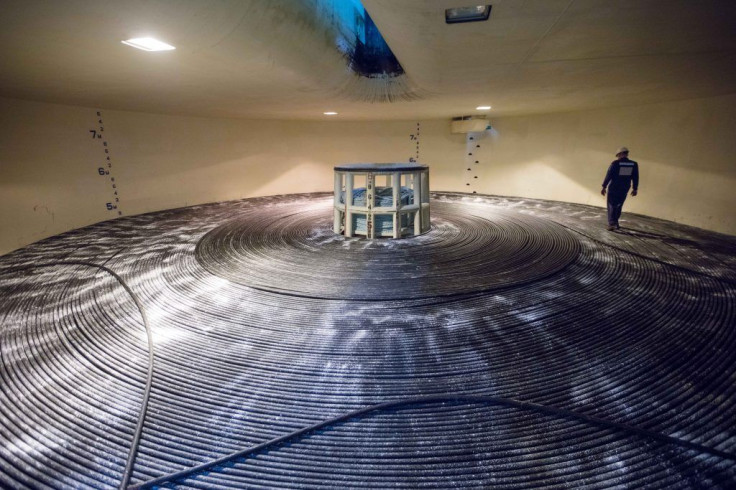Facebook, Microsoft Construct 4,100-Mile Transatlantic Underwater Cable

Facebook, Microsoft and telecommunications infrastructure company Telxius have finished work on a massive subsea cable that’ll help improve global online data performance. As part of the Marea project, the three companies worked to build the 4,000-mile-long cable that sits 17,000 feet below sea level and runs from Virginia to Spain.
According to Microsoft, the cable is the highest-capacity setup that runs across the Atlantic Ocean. Marea also has data transfer speeds of 160 terabits per second, which is approximately 16 million times faster than a typical home internet connection. Marea was started in August 2016 and the cable installation began last April ahead of a planned activation date in early 2018.
Internally, the cable features a variety of protections and hardware designed to secure it from underwater conditions. According to Microsoft, the cable is slightly thicker than a standard garden hose and contains eight pairs of fiber optic cables that are further protected by copper, a plastic layer and a separate waterproof coating. Some sections of Marea are submerged to protect it from fishing or boating traffic, but most of the cable simply lies on the ocean floor.
Check out a video here to see how Marea was built:
Marea will provide a dependable international channel for data transfer for companies and also gives them a way to bridge into existing network hubs in Africa, the Middle East and Asia. With the already high amounts of smartphone usage expected to increase even further within the next few years, companies like Facebook and Microsoft are bracing for the need for additional network space. Keeping the cables underwater also provides an additional safeguard against environmental damage from events like storms or hurricanes.
In a statement, Microsoft president Brad Smith said Marea was an important project for all three partner companies.
“Marea comes at a critical time,” Smith said. “Submarine cables in the Atlantic already carry 55 percent more data than trans-Pacific routes and 40 percent more data than between the U.S. and Latin America. There is no question that the demand for data flows across the Atlantic will continue to increase and Marea will provide a critical connection for the United States, Spain, and beyond.”
Microsoft isn’t the only company that’s explored putting money into underwater infrastructure. Earlier this year, Google was an investor in Indigo, which will see an undersea cable that runs through cities including Sydney, Jakarta and Singapore. Microsoft also previously filed a patent for a way to store data servers underwater that was an offshoot of a previous experiment, though patents aren’t necessarily a guarantee of future plans.
© Copyright IBTimes 2024. All rights reserved.




















